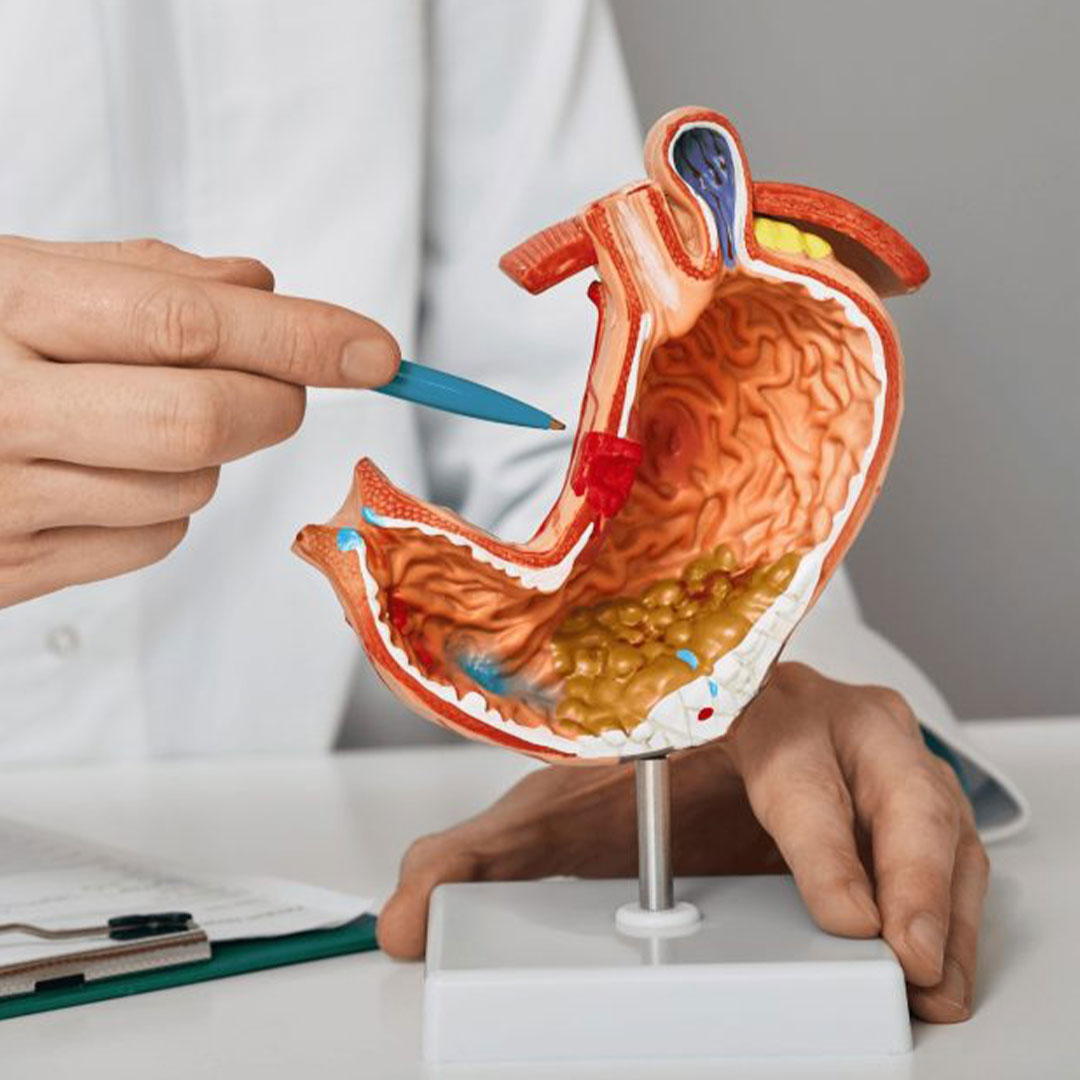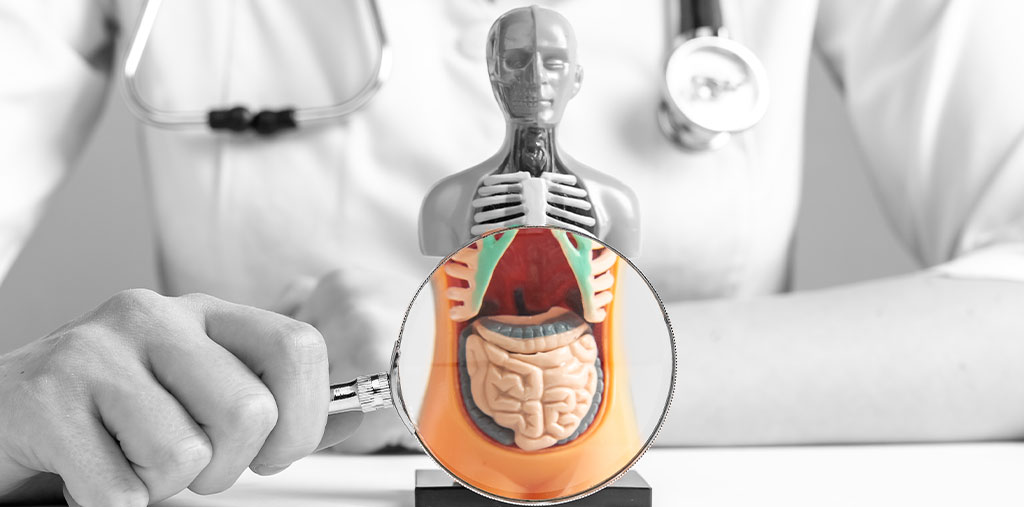Stages of Stomach Cancer
Stages of Stomach Cancer

What is Stomach Cancer?
Stomach cancer, also known as gastric cancer, is a type of cancer that originates in the lining of the stomach. It can develop slowly over the years, usually beginning with abnormal cells in the stomach wall. This type of cancer varies in terms of types and symptoms, but it is considered one of the serious illnesses due to often being diagnosed at an advanced stage. Stomach cancer is one of the leading causes of cancer-related deaths worldwide.

Risk Factors for Stomach Cancer
- Family History: A family history of stomach cancer increases the risk of developing the disease.
- Age and Gender: The risk of stomach cancer increases with age, and men are more likely to be affected than women.
- Chronic Gastritis: Chronic inflammation of the stomach can lead to changes in the stomach cells, increasing the likelihood of progression to cancer.
- Diet: Consumption of processed and salty foods is associated with higher rates of stomach cancer.
- Helicobacter pylori Infection: This bacterium is linked to an increased risk of stomach cancer.
- Smoking: Smoking increases the risk of multiple forms of cancer, including stomach cancer.
What are the Stages of Stomach Cancer?
Stomach cancer is divided into several stages, ranging from stage I to stage IV, based on the extent of disease spread:
- Stage I: The cancer is localized within the stomach wall.
- Stage II: The cancer has spread to nearby lymph nodes.
- Stage III: More extensive spread to lymph nodes and possibly adjacent tissues.
- Stage IV: The cancer has metastasized to distant organs, such as the liver or lungs.
How are the Stages of Stomach Cancer Determined?
Staging stomach cancer involves a series of examinations, including:
- Imaging Tests: Such as X-rays, CT scans, and MRIs to assess the extent of the cancer.
- Endoscopy: Performing a gastroscopy to obtain tissue samples (biopsy) for analysis.
- Blood Tests: May be used to identify biomarkers associated with cancer.
How is Stomach Cancer Diagnosed Before Symptoms Appear?
Diagnosing stomach cancer before symptoms manifest is challenging but possible through:
- Routine Screenings: For individuals at high risk, such as those with a family history or chronic gastritis.
- Bacterial Testing: Conducting tests for Helicobacter pylori infection, which may help identify at-risk patients.
- Imaging: Utilizing imaging techniques as part of routine examinations for high-risk individuals.
